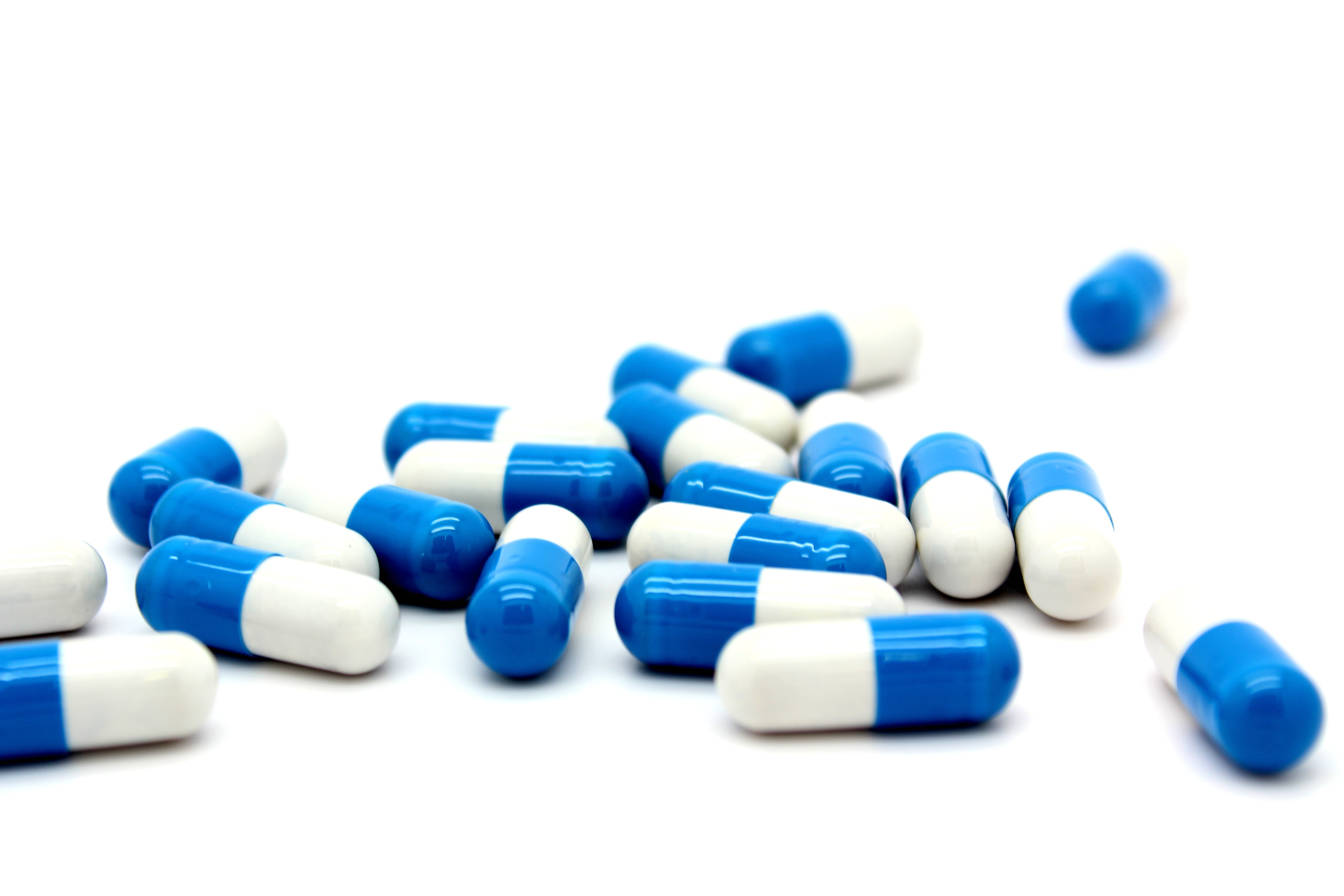By now, the composition of the microbiota and how it interacts with the health1 of its host are well known in the scientific world (The gut microbiota: a symbiotic relationship with humans / Colonization of the gut microbiota during the first 1,000 days of life: impact on the development in adulthood of diseases linked to the immune system). Indeed, the gut microbiota is known for its numerous functions and implications in the development of our immune systems, the breakdown of nutrients in our food, vitamin synthesis (B12, K), bowel function, etc. In fact, a disturbance in the composition of the microbiota can cause digestive and immune problems and may be a contributing factor in the persistence of diseases like obesity, for example. As a result, it is reasonable to believe that reestablishing the fragile equilibrium between the digestive system and microbiota could be a therapeutic target in certain diseases (through the administration of probiotics, for example).
Probiotics are traditionally defined as micro-organisms (yeasts and bacteria, etc.) with health benefits and the ability to influence the local ecology, physiology and metabolism of the intestine.2 They are harmless for the host, resistant to gastric and biliary acids, and capable of colonizing the intestine.3 Traditionally, numerous micro-organisms have been used: Saccharomyces cerevisiae and its variant Saccharomyces boulardii (yeasts) and bacterial species such as Lactobacillus, Bifidobacterium and Streptococcus.4 A treatment with probiotics might, for example, not only correct intestinal dysbiosis but could also improve the abnormal presence of certain metabolites in the blood.5 Certain probiotics may act more specifically on the so-called “central” functions by to some extent modulating our behavior, stress,6,7 and endocrine system. They could also act on the production of bioactive substances in the body, prevent cardio-metabolic diseases8,9 and obesity,10 improve the treatment of antibiotics-associated diarrhea (AAD )11,12 and certain liver diseases (hepatic steatosis),13 and could positively impact the treatment of autism spectrum disorders.14
However, the effect of current probiotics in improving certain diseases is contested today. Even though studies on the use of probiotics to treat autism spectrum disorders and direct-acting antivirals are currently encouraging and promising,15,16 some studies seem to report harmful effects from the use of probiotics in intensive-care patients.17,18 Moreover, the prestigious scientific journal Cell recently demonstrated a wide range of results regarding the efficacy of probiotics, with certain subjects described as “resistant” to probiotics as a result of their basal gut microbiota.19 As a result, future research should concentrate on personalized approaches and the specific initial microbiota of patients requiring the use of probiotics.
Bibliography
- Valdes, A. M., Walter, J., Segal, E. & Spector, T. D. Role of the gut microbiota in nutrition and health. BMJ361, k2179 (2018).
- Bourlioux, P., Koletzko, B., Guarner, F. & Braesco, V. The intestine and its microflora are partners for the protection of the host: report on the Danone Symposium ‘The Intelligent Intestine,’ held in Paris, June 14, 2002. Am. J. Clin. Nutr.78, 675–683 (2003).
- Papadimitriou, K. et al.Discovering probiotic microorganisms: in vitro, in vivo, genetic and omics approaches. Front. Microbiol.6, 58 (2015).
- Fijan, S. Microorganisms with claimed probiotic properties: an overview of recent literature. Int. J. Environ. Res. Public. Health11, 4745–4767 (2014).
- Rooks, M. G. & Garrett, W. S. Gut microbiota, metabolites and host immunity. Nat. Rev. Immunol.16, 341–352 (2016).
- Schachter, J. et al.Effects of obesity on depression: A role for inflammation and the gut microbiota. Brain. Behav. Immun.69, 1–8 (2018).
- McKean, J., Naug, H., Nikbakht, E., Amiet, B. & Colson, N. Probiotics and Subclinical Psychological Symptoms in Healthy Participants: A Systematic Review and Meta-Analysis. J. Altern. Complement. Med. N. Y. N23, 249–258 (2017).
- Sun, J. & Buys, N. J. Glucose- and glycaemic factor-lowering effects of probiotics on diabetes: a meta-analysis of randomised placebo-controlled trials. Br. J. Nutr.115, 1167–1177 (2016).
- Zhang, Q., Wu, Y. & Fei, X. Effect of probiotics on body weight and body-mass index: a systematic review and meta-analysis of randomized, controlled trials. Int. J. Food Sci. Nutr.67, 571–580 (2015).
- Kobyliak, N. et al.Probiotics in prevention and treatment of obesity: a critical view. Nutr. Metab.13, (2016).
- Tsai, Y.-L. et al.Probiotics, prebiotics and amelioration of diseases. J. Biomed. Sci.26, 3 (2019).
- Guyonnet, D., Schlumberger, A., Mhamdi, L., Jakob, S. & Chassany, O. Fermented milk containing Bifidobacterium lactis DN-173 010 improves gastrointestinal well-being and digestive symptoms in women reporting minor digestive symptoms: a randomised, double-blind, parallel, controlled study. Br. J. Nutr.102, 1654–1662 (2009).
- Zhou, Y. et al.Microbial Intervention as a Novel Target in Treatment of Non-Alcoholic Fatty Liver Disease Progression. Cell. Physiol. Biochem. Int. J. Exp. Cell. Physiol. Biochem. Pharmacol.51, 2123–2135 (2018).
- Hsiao, E. Y. et al.Microbiota modulate behavioral and physiological abnormalities associated with neurodevelopmental disorders. Cell155, 1451–1463 (2013).
- Borody, T. J., Paramsothy, S. & Agrawal, G. Fecal microbiota transplantation: indications, methods, evidence, and future directions. Curr. Gastroenterol. Rep.15, 337 (2013).
- Rohlke, F. & Stollman, N. Fecal microbiota transplantation in relapsing Clostridium difficile infection. Ther. Adv. Gastroenterol.5, 403–420 (2012).
- Knopp, R. H. & Paramsothy, P. Oxidized LDL and abdominal obesity: a key to understanding the metabolic syndrome. Am. J. Clin. Nutr.83, 1–2 (2006).
- Ackland, G., Grocott, M. P. & Mythen, M. G. Understanding gastrointestinal perfusion in critical care: so near, and yet so far. Crit. Care Lond. Engl.4, 269–281 (2000).
- Zmora, N. et al.Personalized Gut Mucosal Colonization Resistance to Empiric Probiotics Is Associated with Unique Host and Microbiome Features. Cell174, 1388-1405.e21 (2018).



